Making the decision to open up your hearts and homes to youth and/or sibling groups in foster care isn’t necessarily quick and easy. Before becoming licensed, foster parents will spend hours doing research, reading blog posts, commenting on forums and even talking to other foster parents. They’ll ask themselves, “Is this right for me?” and even, “Can our family handle this?” During their preliminary research, they are bound to come across a lot of common misperceptions about foster care. This is where we can help. With the help of members of our licensing, recruitment and home finding teams, we’ve developed a list of the six most common myths about foster care.
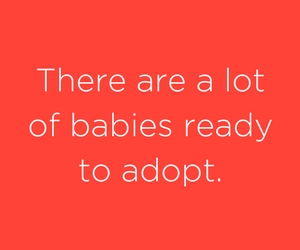
MYTH #1: There are a lot of babies ready to adopt.
While infants do enter into foster care, the average age of a child in care in the US and Missouri is nine years old. Additionally, the average stay in foster care is 27 months. The initial goal for any child in state care is to reunify with the biological parents, and adoption is not considered until every effort to reunify has been exhausted. Even then, the majority of infants and toddlers are then adopted by the family that has already been fostering them. If you’re interested in adopting an infant, we recommend contacting a private adoption agency in your area.
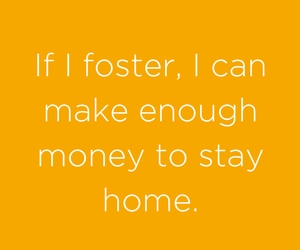
MYTH #2: If I foster, I can make enough money to stay home.
Foster parents do receive a monthly payment for each foster placement, however it is not taxable income, and is a standard maintenance amount. The monthly payment helps to cover food, clothing, educational necessities and other personal needs for the children in your care. In Missouri, foster parents get approx. $300 - $400/month, depending on the type of foster care they provide, and the child’s age.
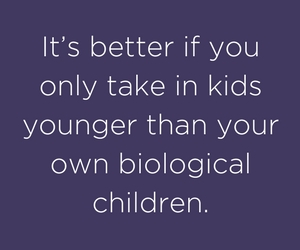
MYTH 3: It’s better if you only take in kids younger than your own biological children.
During your research, you’ve probably read a lot about “interrupting birth order,” and you might have opinions on it one way or another. We encourage all foster families to be open when considering the age-range they are willing to foster within. We have several foster families with bio kids in the home who have fostered a wide age range over the years with no negative impact due to modifying birth order. The biggest piece of advice we could give is to acknowledge the individuality of each child regardless of their age. Another thing to keep in mind is that foster — and even adoptive — families don’t always mimic biologic families. And that’s okay!
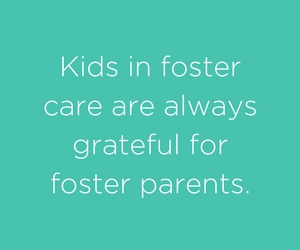
MYTH #4: Kids in foster care are always grateful for foster parents.
Imagine you are 8-years old and being taken away from your parents, your bed and maybe even your toys. Then before you know it, you’re being taken to another person’s home and expected to fit in, act nice and be appreciative that you have a bed to sleep in, but really all you want is to be at home. You’re scared, angry and maybe even feeling lonely. To many children in foster care, while home has been deemed as unsafe right now, it’s all they’ve ever known. All foster parents must try to understand the amount of loss and change that the children in their care are going through.
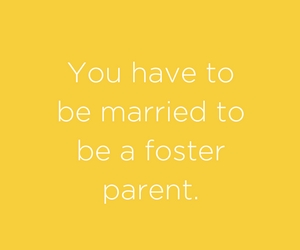
MYTH #5: You have to be married to be a foster parent.
This is definitely not true. You can be single, in a relationship or married! In fact, relationship status doesn’t even come close to the top of the list of what makes a good foster parent. You can find a full list of requirements in Missouri here.
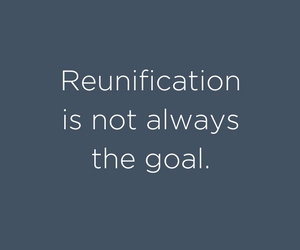
MYTH #6: Reunification is not always the goal.
This one couldn’t be further from the truth. Reunification is ALWAYS the initial goal until this option has been deemed unsafe for the children in your care. We understand that foster parents might have the hope of adoption, but foster parents need to keep in mind that our goal is to find homes for children when they need them, not to find children for families who want to grow. You can learn more about why we support reunification by downloading our “Why Reunification?” infographic.


